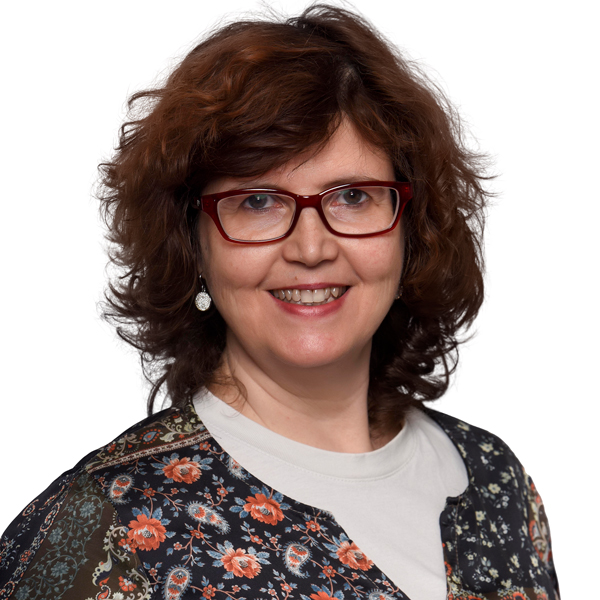The Library compiles almost 100 UOC resources on gender studies
Subject: Multidisciplinary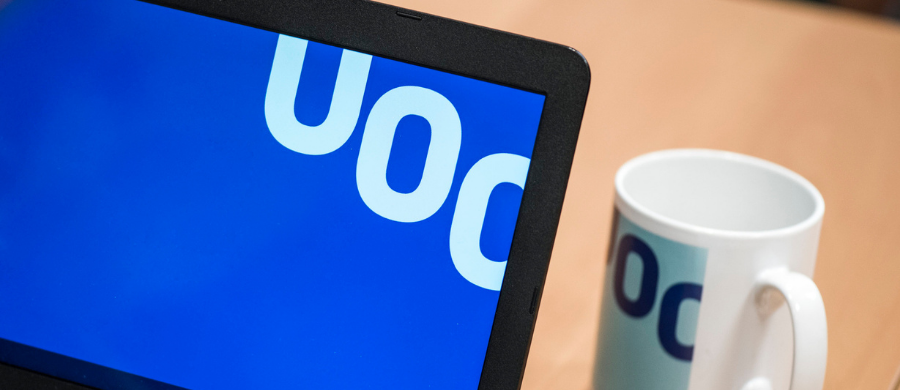
The UOC community is now able to consult many of the educational materials used on courses at the university.
You will find modules and videos that the UOC has produced for gender mainstreaming in teaching.
Enter GENDERUOC in the Library search engine to find the learning resources on gender, women, feminisms and sexualities.
You can now use the Library to consult the learning resources produced at the UOC which address issues concerning gender, women, feminisms and sexualities in various fields of study. They are part of the educational materials that are worked on during the courses so that students and future professionals can apply the gender perspective and develop a critical spirit that enables them to recognize gender inequalities in their discipline. For example, they deal with the adversities that women face in the audiovisual industry, how women's activities have been overlooked in the study of history, and the reproduction of gender stereotypes in news coverage by the media.
The teaching staff in the various faculties have asked for these resources to be developed as part of the University's commitment to reducing gender inequalities. The UOC's 2020-2024 Equality Plan is the roadmap to achieve this goal and, among other projects, it encourages students to learn using learning resources that do not convey androcentric and biased knowledge, and that highlight the presence of female role models. One of the actions included in the plan has been the compilation of a series of resources to make educational materials on gender available to the entire university community.
To consult these resources, simply enter GENDERUOC in the Library search engine. Some can be consulted by entering your Virtual Campus username and password, but many others have been published in open access format so that everyone can access them.
Put on your gender glasses
Here is some of the content you will find in the Library's new collection:
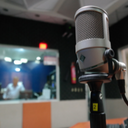
This open access guide is used in various courses in the UOC's Bachelor's Degree in Communication and includes tools and information to enable communication professionals to identify and overcome gender prejudices and stereotypes. It contains in-depth studies providing comprehensive information on the subject, and manuals, toolboxes, decalogues, style guides and guidelines for the non-sexist use of language which can be applied in academic and professional practice every day.
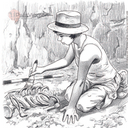
The course entitled The ancient world, which is part of the Bachelor's Degree in Humanities, aims to make the past more accessible to students, and to move away from androcentric positions. The guests in this talk are archaeologists who are experts in prehistory and gender studies, who will tell you about how women and their role have been left out of the historical narrative for centuries. The three participants are part of the PastWomen project, which aims to enhance the visibility of research on history and archaeology from a feminist perspective.

Audiovisual material produced for the course in Techniques for Journalistic Writing on the UOC's Bachelor's Degree in Communication, in which the faculty member and journalist Ana Isabel Bernal Triviño presents a basic decalogue for journalists to cover news about gender violence appropriately. Real life examples of poor news practices are presented, as well as some advice to avoid propagating myths and false beliefs.

In 2020, only 33% of jobs in Spanish cinema were held by women. Why is the audiovisual industry such a long way from equal representation? That is the first question which Carla Sospedra, an audiovisual producer and a founding member of the Dones Visuals association, answers in this learning resource. In the interview, she reflects on issues such as the glass ceiling in the industry, the clichés linked to the female figure, the lack of outstanding women in leadership roles and technical and artistic teams, and the role of associations in the feminist transformation of the sector. The video is part of the Audiovisual Projects course in the Bachelor's Degree in Communication.
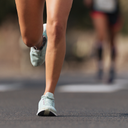
n the course on Food strategies in major sporting challenges, on the Master's Degree in Food for Physical Exercise and Sport, students are asked to put themselves in the position of a professional who has to guide someone who is participating in a major sporting event for the first time. As a starting point, they are presented with the case of Divina Farreny, a sports enthusiast who has taken part in competitions such as the 250 km Marathon des Sables. She explains how she addressed those challenges, how she prepared for them, the training she undertook and what her diet consisted of.

The course on Economic alternatives, in the Bachelor's Degree in Economics, presents the social and solidarity economy based on real examples. One of the cases it covers is the Almena Cooperativa Feminista. Two of its members, Amanda Alexanian and Isabel Muntané, talk about the organization's goals and the projects they have undertaken to contribute to a new social paradigm that leaves heteropatriarchy behind.
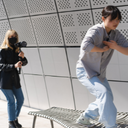
In the Video creation workshop on the Bachelor's Degree in Art, one of the activities is to create a video in which the body is the main subject. One of the students' options is to present a reflection on the body and identity, mimicking the model of feminist art and LGTBIQ artivism. However, they must first read this learning resource that reviews artistic and activist practices from the 1970s to the present day.
The UOC Library and the 2030 Agenda
Addressing gender inequality is one of the goals of the 2030 Agenda - there is a specific Sustainable Development Goal (SDG) on the issue, SDG 5 on Gender Equality. The Catalan University Quality Assurance Agency (AQU), in its General framework for incorporating the gender perspective in higher education teaching, stipulates that libraries are involved in meeting this challenge and must provide students and teaching staff with "materials and resources dealing with gender mainstreaming and gender studies."
In this area, Mireia Castillón, a leading figure in gender issues in the UOC's Library and Learning Resources department, explains that the first step in compiling the resources was to establish a procedure so that the teaching staff could indicate the resources related to gender studies. This made it possible to identify the materials and add them to the Library's catalogue
The Library is producing and compiling content on the gender perspective and gender studies, and contributing to the development of learning resources that are inclusive, respectful and in which everyone feels represented.
The world's leading organization of library professionals, IFLA, has recently included the UOC Library's contribution to promoting women's equality and empowerment in its Library Map of the World project.
Experts
Mireia Castillón
Operative subgroup: Law and Political Science resource manager, vocational training, gender perspective Operative group: Library for Learning


